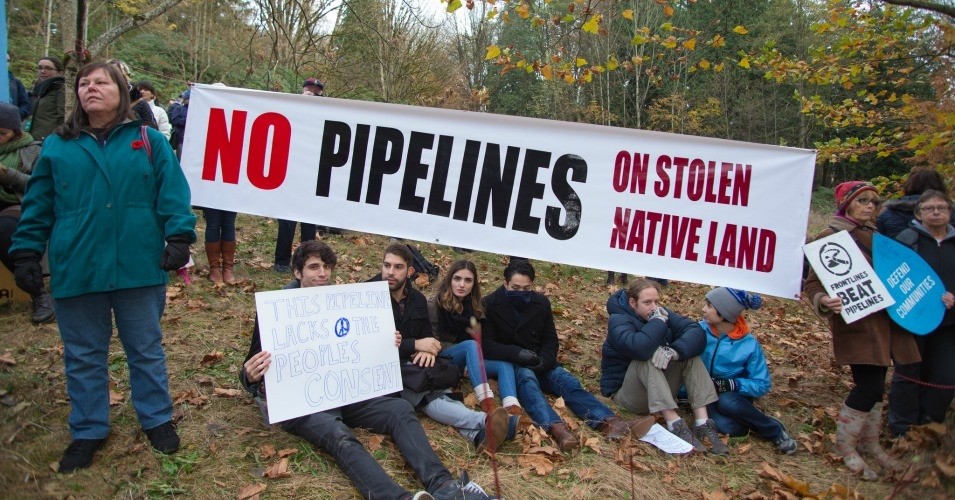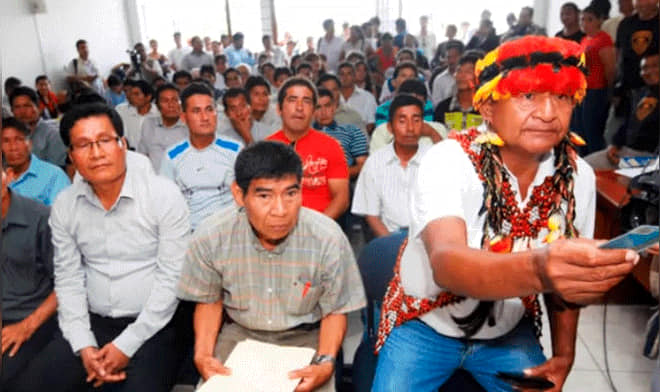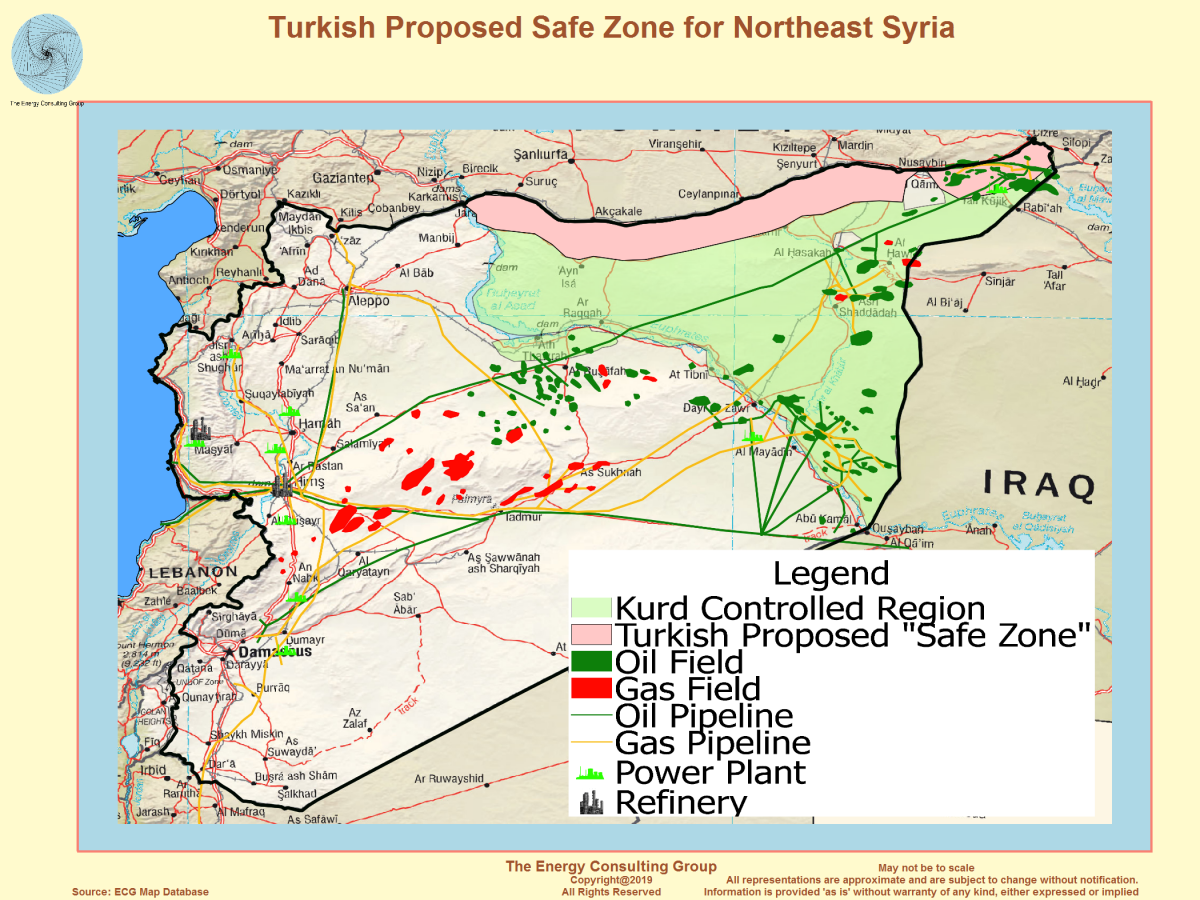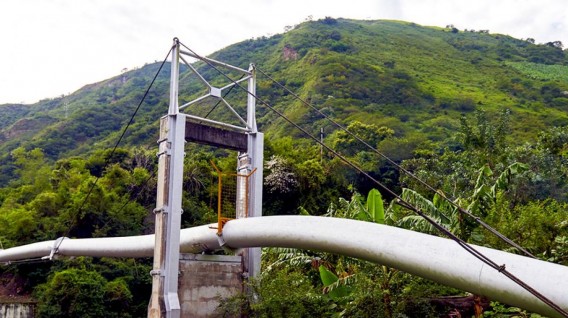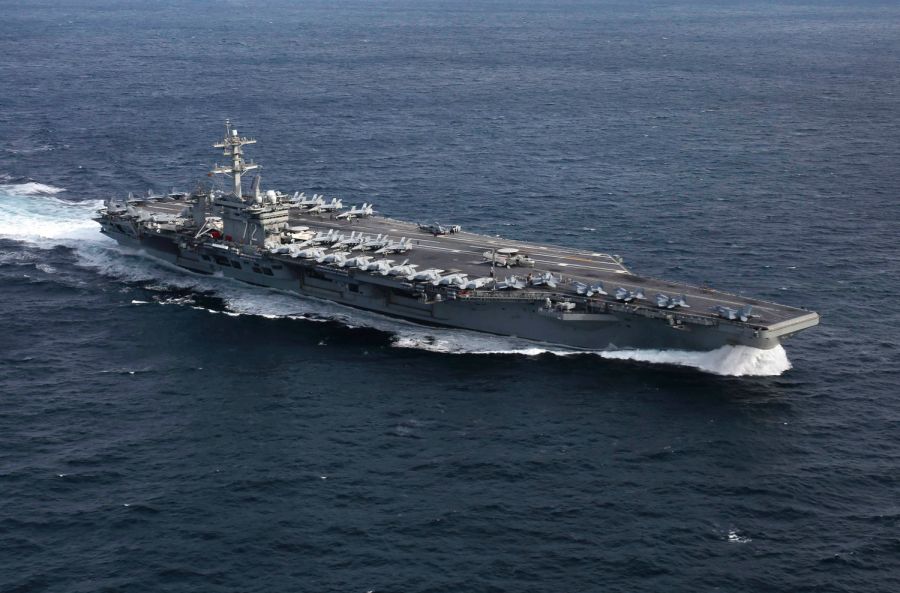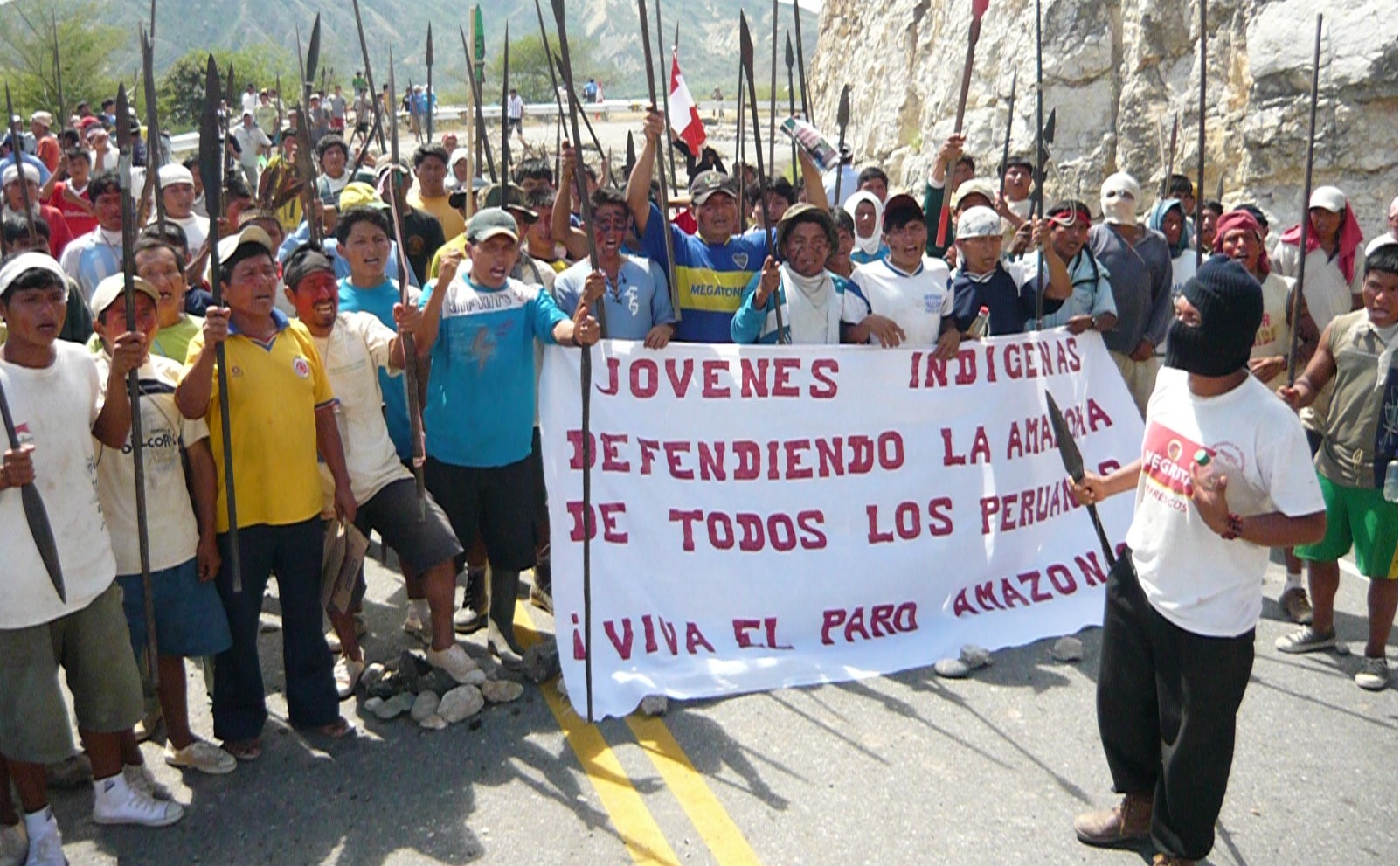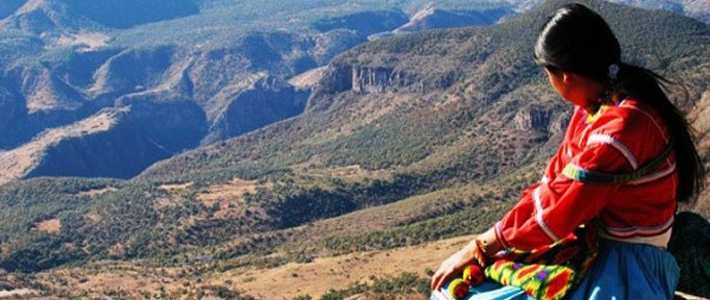
Mexico creates justice commission for Yaqui people
Mexican President Andrés Manuel López Obrador signed a decree that sets up a Justice Commission for the Yaqui People, seeking to resolve problems of land, water, health, education and infrastructure faced by the indigenous group. The decree was signed during a visit by López Obrador to the Yaqui community of Vícam, in Sonora state. The decree seeks to redress a long history of oppression, massacres, slavery and land theft faced by the Yaqui. López Obrador said that the Yaqui are Mexico’s most persecuted indigenous group, stating, “All the original inhabitants suffered robbery, but no people suffered as much as the Yaqui.” The president also said that he had agreed to modify the route of the planned Guaymas-El Oro gas pipeline that was supposed to run through Yaqui territory. (Photo via Articulo 19)



